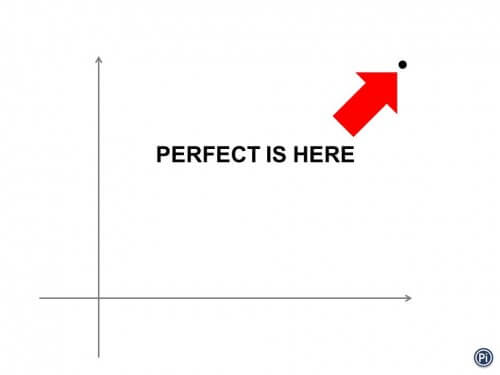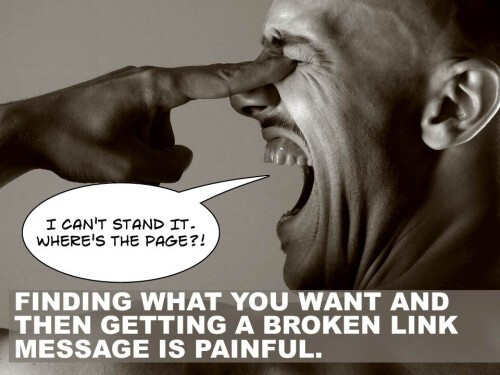Amidst all the puns, polls and that cute picture of Alfred, today’s session of the #MarketingBootcamp left me wanting to rip apart every website I have ever worked on and fix everything I clearly did not do right. Thank you, Ian Lurie. Your presentation on the truth about SEO and PPC actually left me wanting to get off Twitter and dissect websites.
Ian is the founder and CEO of Portent Interactive, a digital marketing agency that provides a range of services from strategy to creative development to tactical deployment to analytics. In other words, he is the keeper of all things SEO and PPC. A guru, of sorts (but don”t tell him I called him that, because he HATES the word “guru”).
SEO has always been vague with the most common term associated with it being “keywords”. Today, I realized SEO goes beyond just keyword optimization. It is about the complete web experience. It is about not just what search engines want; it’s about what the user wants, too.
Here are my five key takeaways from Ian”s session:
Lesson #1: There Is No Checklist
As Marketers, we are lovers of checklists. Everything in our life is a checklist. However, when it comes to SEO, we need to come to accept that there is no checklist. The data being collected by search engines is constantly changing and evolving. If there was a checklist actually out there, it would be too long to read and would be changing every time you did. So, stop looking for one.
Lesson #2: It Isn’t a Numbers Game Anymore
I know, we LOVE our numbers almost as much as our checklists. Just when we were really getting into the Google math game, we find out we are not in a numbers game.
What we are in is a quality game. The quality of your site and content matter for both SEO and PPC. So if you are going to be cheap and sloppy, don’t expect the results you want. For years marketers have been under the impression that filling webpages with keywords with no regard for the user experience (UX) was the key to search engine success. Well, they were wrong.
The quality of your site and the content you put on it matter. A lot.
Lesson #3: SEO and PPC is All About Your DFP (Distance from Perfect)
Strive for perfection. After all, it is a quality game. Your DFP is measured by both objective and subjective data. As Ian explained, this information is constantly being collected and directly influences your SEO performance. Better signals and behavior equal better results. So, let’s break it down:
Subjective Data: Clues your customers/site visitors provide implying quality.
- Examples: Links, Shares, Reviews, Bouncebacks, etc.
Objective Data: Clues computers provide implying quality.
- Examples:
- Site Speed — Page load matters to not casino just your customers (who wants to wait for a slow site to load…not you, not me, not your customers and not your search engine either). A great way to help improve the speed of your website is by going through and reducing the size of your images. Ian suggested using the Google Chrome Pagespeed plugin.
- Broken Links — STOP WITH THE BROKEN LINKS. Don’t be lazy. As someone said in the comments and questions section: “Because fixing broken links is a tedious, boring, pain in the ass.” Yes, it is annoying. Yes, it can take time. But, at the end of the day, it will make a huge quality difference. Bing Webmaster Tools is the marketing world’s best-kept secret. Use it. And fix those links!
Lesson #4: Watch Your SPAM (Sites Positioned Above Me)
Don’t be so bitter. Learn from those ranking better than you. Maybe they are creating more and better content than you are. Maybe they have done a good job of making sure there are no broken links throughout their site or have a better load time. The possibilities are endless, and so are the learnings. It all goes back to perfection. Strive to perfect the experience you create for your customers (and for those pesky search engines).
Lesson #5: Create High-Quality Content
Never compromise quality to win. Create high-quality content that actually resonates with your audience/consumers. Use the right words in the right places. The title tag is still the number one on-page SEO element. The words you use have a broad impact and go far beyond those cliche keywords. Internet marketers are like quality managers — make sure the content you are producing is a good representation of your brand. It will make your customers more engaged and search engines happy, too!
Get Your SEO and PPC Game On!
The best part of Ian’s presentation was how tangible each action item he gave us is. So, stop reading (because there is nothing more to read) and start fixing your website!



